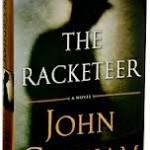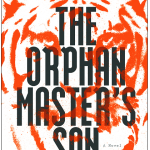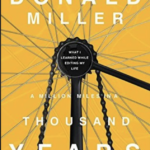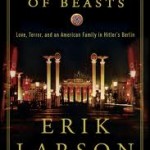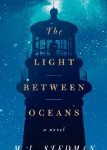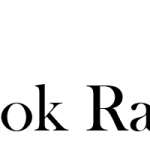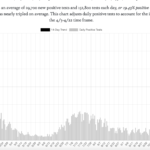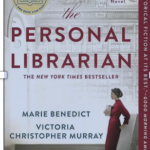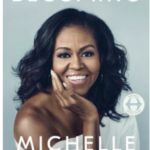The Invisible Bridge by Julie Orringer
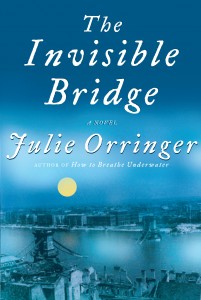 If The Invisible Bridge
If The Invisible Bridge is ever made into a movie, it will be almost impossible to capture the depth and nuances of the characters and the complicated stream of events with all the twists and turns in the playing tome of a typical film. The author, by giving us chance to focus on just a few people and essentially one family, mostly over an eight year period, allows us to witness and emotionally understand how the evil decisions made by one group of people actually effected the lives of so many more people. Ms Orringer ‘s narrative allowed us to identify with her characters as they lived their lives, made their decisions, had pieces of good or bad luck but aspired towards their ambitions, loves and the future. As we watched their journey, we saw that they had no idea what was in store for them but we knew what was coming. The focus was 1937 and a young Jewish man from a poor village in Hungry has worked out the details to study architecture in Paris while another brother figured out how to study medicine in Italy. In order to do this it involved persistence, hard work and good strokes of luck. Each person that they met on each step of their journey had their own story which we are allowed to understand and appreciate. Had this been in a better time and a better place, their struggles and tribulations would be something that we could all say, “ we did something like that “. The circumstances of falling in love and finding your partner for life are unique for each couple but we all know how meaningful it is to each person. However, since in this case the reader was omnipotent and knew that the insipient winds of anti-Semitism which were in the atmosphere of their lives were not only just unfair but portended a doomsday scenarios for them and their families. This knowledge creates anxiety in the reader but at the same time I felt that I was developing much more of an appreciation about this time period than I did from reading some other books which directly chronicled the concentration camps and the holocaust. The window from Shindler’s List, as I recall, while as vivid and poignant as could be, takes us mostly into the worst of it, rather than showing how they got there. It is easy to say that one can’t imagine what it might be like to be forced to move from your home or family apartment as did the these young men and their families, and be forced to live in small quarters
(with much more to come) or have to give up your job or your position in the university and wear a yellow arm band with a Jewish star, hoping that it would be temporary or even be “ drafted “ in to the military work force supporting the troops (the Nazis) under horrendous of conditions. But when a book allows you to care about the characters whom you have know for quite awhile, you feel that you are living through this experience with them. In the end when we glimpse at those who survived and see how they are perceived by their grandchildren, I realize that I too never got enough details of the first hand story from the previous generations of my family as to how their youth evolved into the horror they survived to see our generation live a better life. That is the beauty and the great value of books such as this one.

